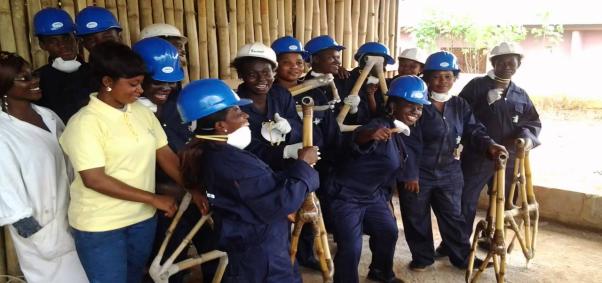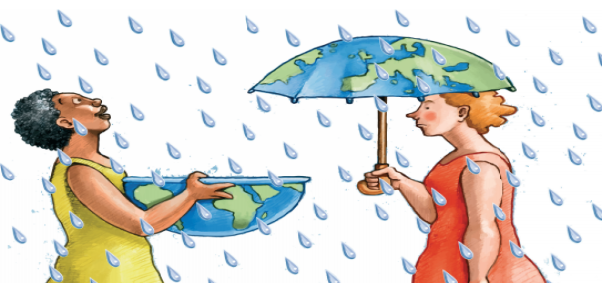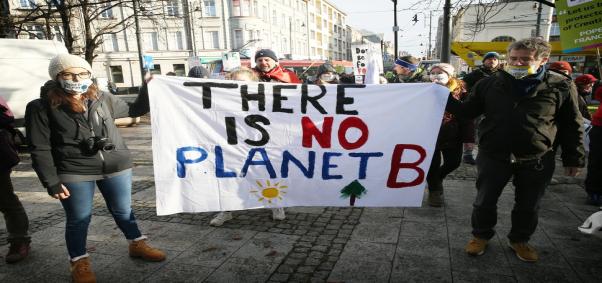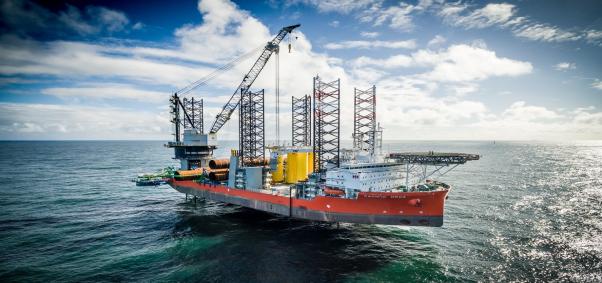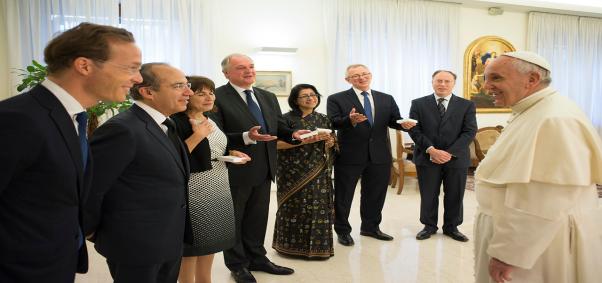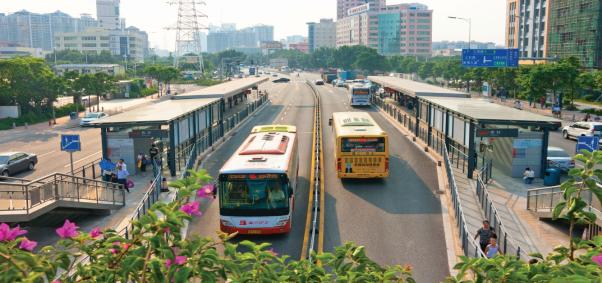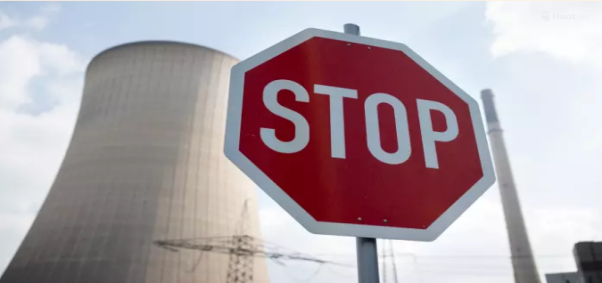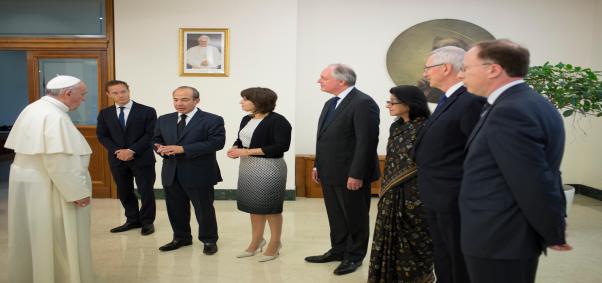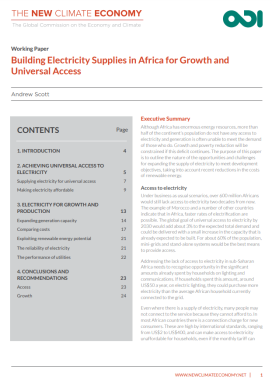
What happens to clean infrastructure finance when countries are big and fast-growing but have immature financial systems and a scarcity of long-term domestic investors? The Climate Policy Initiative (CPI) compares two different financing models from middle income countries: the highly centralized model of Brazil and the decentralized model from India. While evaluating the strengths and weaknesses of each model, the paper finds both countries end up with public financing dominating clean infrastructure projects with similar levels of leverage in both.
Downloads
671.88 KB
1.2 MB
459.69 KB
5.38 MB
![]() Seizing the Global Opportunity: Partnerships for Better Growth and a Better Climate.
Seizing the Global Opportunity: Partnerships for Better Growth and a Better Climate.
6.21 MB
1.06 MB
![]() Building Electricity Supplies in Africa for Growth and Universal Access
Building Electricity Supplies in Africa for Growth and Universal Access


